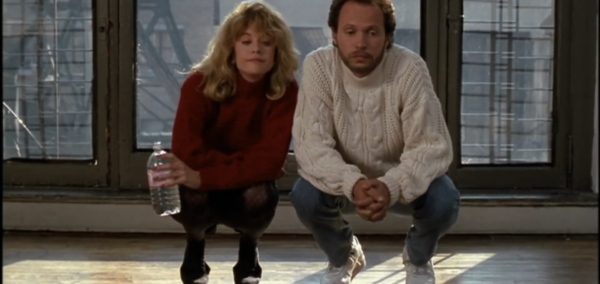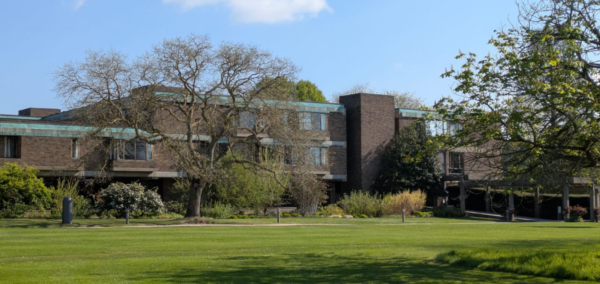
Revealed: These are the exact 18 days Manchester lecturers are striking this term
Students are facing a loss of over 40 per cent allotted teaching time
The UCU has today announced the exact 18 days lecturers across Manchester universities will go on strike over the next two months.
The strike days are due to take place over seven weeks at the University of Manchester, Manchester Metropolitan University, University of Salford and The Royal College of Music.
The strikes begin next Wednesday and take place across 11 days in February and seven days in March.
The exact dates across the next two months are as follows:
Week one: Wednesday 1st February
Week Two: Thursday 9th and Friday 10th February
Week Three: Tuesday 14th, Wednesday 15th and Thursday 16th February
Week Four: Tuesday 21st, Wednesday 22nd and Thursday 23rd February
Week Five: Monday 27th, Tuesday 28th February, and Wednesday 1st and Thursday 2nd March
Week Six: No strike action this week
Week seven: Thursday 16th and Friday 17th March
Week Eight: Monday 20th, Tuesday 21st and Wednesday 22nd March
Universities are facing unprecedented strike action
So where are the vice-chancellors?
Here’s a message to them:
Stop hiding, and start telling staff and students why you refuse to settle these disputes#ucuRISING pic.twitter.com/alVrQJEbii
— UCU (@ucu) January 24, 2023
Most Read
Announcing today’s news, UCU general Secretary, Jo Grady, said: “The university sector in the UK has over £40 billion sitting in reserves, but instead of using that vast wealth to deliver a cost-of-living pay rise and reverse devastating pension cuts, university vice-chancellors would rather force staff to take strike action and see campuses shut down.”
Alongside Manchester lecturers, 70,000 lecturers at 150 universities across the country are set to take part in what the UCU has described as the biggest strikes ever in the higher education sector.
The extensive action means students will have just nine days of teaching next month.
Across February and March, there are 43 working days. The 18 days of industrial action means students are facing a loss of more than 40 per cent planned teaching.

Jo Grady further commented: “There is a clear route out of these disputes, but at present vice-chancellors lack the political will to take it. They are failing staff who want to get back to work, and students who want to get on with their studies.”
Beyond the 4-5 percent being currently offered, the UCU is demanding a significant improvement in pay in order to avoid disruption. Tomorrow, a meeting and negotiations with university employer representative, the Universities and Colleges Employers Association, will take place. Negotiations will be centred around cost-of-living adequate pay rise, in addition to action to end the use of insecure contracts.
The UCU argues the series of pension cuts made last year, will see the average member lose 35 percent from their guaranteed future retirement income. With those at the beginning of their career facing losses of hundreds of thousands of pounds, the UCU is demanding employers revoke all cuts and restore all benefits.
The UCU also claimed: “Students understand that staff working conditions are their learning conditions and we are proud to have their support in these disputes. A system that relies on low pay and the rampant use of insecure contracts is a system which fails everyone.”
“A resolution can be reached, but that is in the gift of university vice-chancellors who need to urgently reassess their priorities and deliver a deal that benefits staff and students.”
Next week, the UCU will reballot its 70,000 members across 150 universities, with the intention of allowing staff to take further action throughout the rest of the year.


















